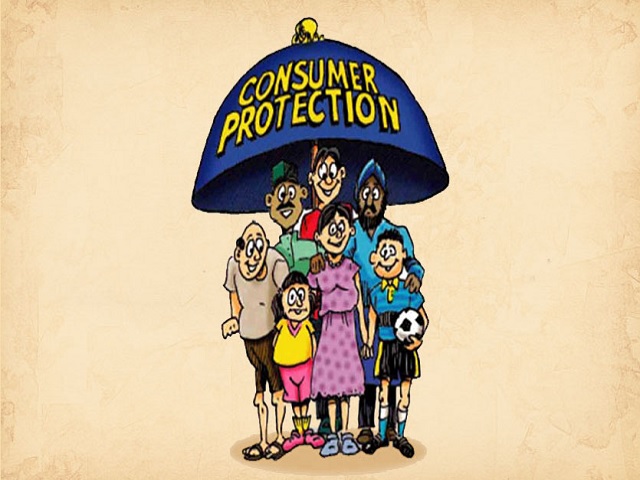Consumer Protection Act, 2019: A Surge of Reforms. Mr. Ramvilas Paswan, the Union Minister of Consumer Affairs, Food and Public Distribution, while placing the proposed bill before the Rajya Sabha had assured that its immediate motive is to ease the overall process of consumer grievance redressal.[1]
The New Act seeks to replace the more than three-decade-old Consumer Protection Act, 1986.
Why a New Act?
Given the advent of an era of Digitisation and sweeping progress in Information Technology, the challenges arising in consumer protection are inevitable. It cannot be denied that seeking the consumer court way is worth a King’s ransom and quite tedious. Thus there was a need felt for a central authority that preventive actions.
Keeping this in mind, the Indian Parliament passed the Consumer Protection Bill, 2019 on 6 August 2019. The act received the Presidential assent and is now expected to come into force on a date notified by the Central Government.
Discovering Solutions
Certain provisions under the new act have brought in an array of changes, which are:
- Covers E-Commerce Transactions[2]: The New Act has widened the definition of ‘consumer’ to comprise any person who buys any goods through offline or online transactions, electronic means, teleshopping, direct selling or multi-level marketing. The guidelines propose that online shopping platforms like Amazon and Flipkart will have to disclose sellers’ dispatch details and conditions related to refund, exchange, terms of contract and warranty on their website to increase transparency.The onus of ensuring that no counterfeit products are sold on these platforms also lies with the companies, which could lead to penalization on detection.
- Enhancement of Pecuniary Jurisdiction[3]: Under the new Act, the District Forums can now entertain consumer complaints where the value of goods or services paid does not exceed ₹ 1,00,00,000. The State Commission can entertain disputes where such value varies from ₹ 1,00,00,000 to ₹ 10,00,00,000 and the National Commission can exercise jurisdiction where such value exceeds ₹ 10,00,00,000.
- E-Filing of Complaints[4]: The New Act provides a consumer the option to file complaints with the jurisdictional consumer forum located at the place of residence or work of the consumer, additionally to the current practice of filing it at the place of purchase or at the registered office of the seller. The New Act also contains enabling provisions for filing complaints electronically and for conducting the proceedings through video-conferencing.
- Establishment of Central Consumer Protection Authority and Council[5]: The New Act proposes the establishment of a regulatory authority known as the Central Consumer Protection Council (CCPC) and Central Consumer Protection Authority (CCPA).
They have been granted wide powers to take Suo-moto cognizance, retract products, order reimbursement of the price, cancel licenses and file class-action suits.
- Product Liability[6]: Under the New Act, manufacturers will be liable under product liability even in the absence of negligence or fraud in making the express warranty of a product. However, certain exceptions have also been provided, including that the seller will not be liable where the product has been misused or altered. It also stretches out to e-commerce platforms.
- Penalties for Misleading Advertisement[7]: The CCPA has been vested with the power to impose a penalty of up to ₹ 1,000,000 on a manufacturer for a misleading advertisement. It may also sentence them to imprisonment for up to two years for the same. In case of a subsequent offense, the fine may extend to ₹ 5,000,000 and imprisonment of up to five years. The CCPA can also prohibit such endorsers from endorsing that particular product or service for one year. For every continuation of offense, the period of prohibition may extend to three years.
- Provision for Alternate Dispute Resolution[8]: The New Act incorporates Mediation as a mode of consumer dispute redressal in order to make the process of dispute adjudication quick. It also ensures the balancing of rights of both the buyer and the vendor.
[1]Press Information Bureau, Government of India, Ministry of Consumer Affairs, Food & Public Distribution, Landmark Consumer Protection Bill, 2019 gets Parliamentary approval, August 6th, 2019.
[2] Sections 89,94 and 101 of the Act.
[3] Sections 34, 47 and 58 of the Act.
[4] Sections 17, 35 and 38 of the Act.
[5] Chapters II and III of the Act.
[6] Section 39, Chapter VI, Sections 86 and 87 of the Act.
[7] Section 21 of the Act.
[8] Section 37 of the Act.

